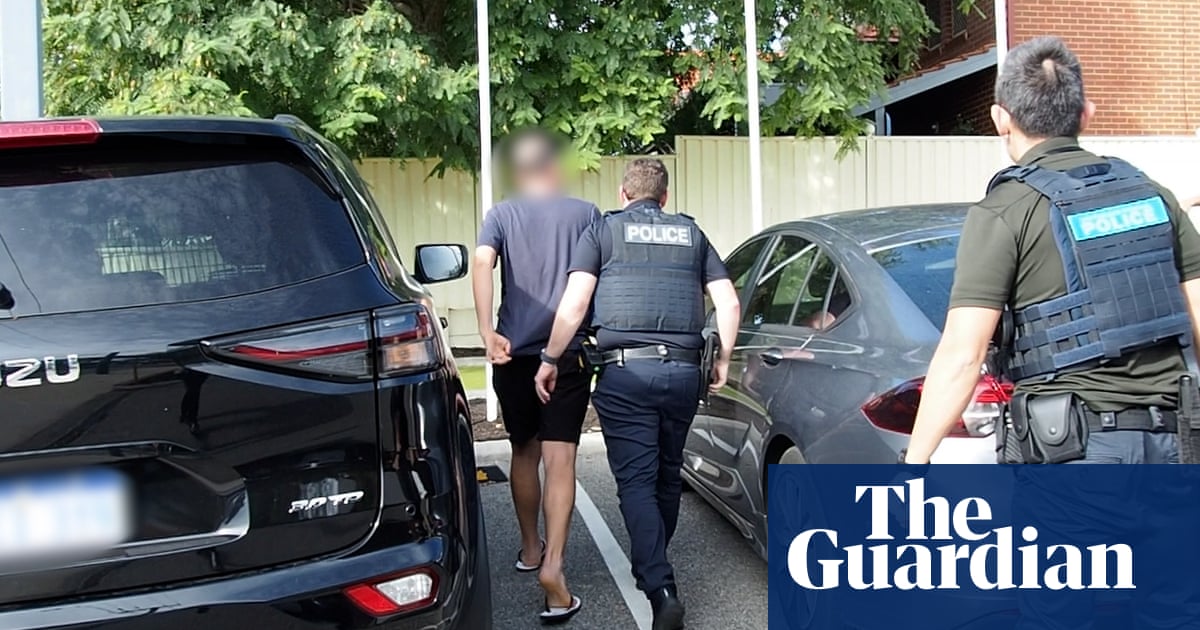A man has been charged after he allegedly set up fake free wifi networks at Australian airports and on domestic flights to steal personal data from unsuspecting members of the public.
The 42-year-old Western Australian man is facing nine cybercrime charges and was due to appear in Perth magistrates court on Friday.
Australian federal police allege the man created “evil twin” wifi networks – which mimicked legitimate networks – to trick users into entering their personal details.
The fake pages were allegedly set up at Perth, Melbourne and Adelaide airports, on domestic flights, and at other locations that police said were linked to the man’s previous employment.
Police launched an investigation in April after an airline reported its staff were worried about a suspicious wifi network that popped up during a domestic flight.
Federal police said on Friday they had discovered a portable wireless device, laptop and mobile phone when they searched the man’s baggage after he returned to Perth airport.
The man was arrested and charged after a second search of his home in the Perth suburb of Palmyra.
Police allege the man’s fake wifi networks took users to a dummy page that asked for their email or social media login details. Those details were then saved to the man’s devices and could be used to access other personal information, including the online communications, photos, videos or bank details.
The 42-year-old has been charged with unauthorised impairment of electronic communication; possession of data with the intent to commit a serious offence; unauthorised access or modification of restricted data; dishonestly obtaining personal financial information; and a possession of identification offence.
after newsletter promotion
Det Insp Andrea Coleman, from the AFP’s cybercrime division, said members of the public should be careful when logging on to public wifi networks.
“You shouldn’t have to enter any personal details – such as logging in through an email or social media account,” she said.
Coleman advised anyone who tried connecting to free wifi networks in airports or on domestic flights to change their passwords and report any suspicious activity to the police.
She also urged users of public networks to ensure they had taken personal cybersecurity precautions – such as refraining from logging on to banking sites and performing other tasks involving sensitive information, disabling filesharing on their devices and installing virtual private networks.

